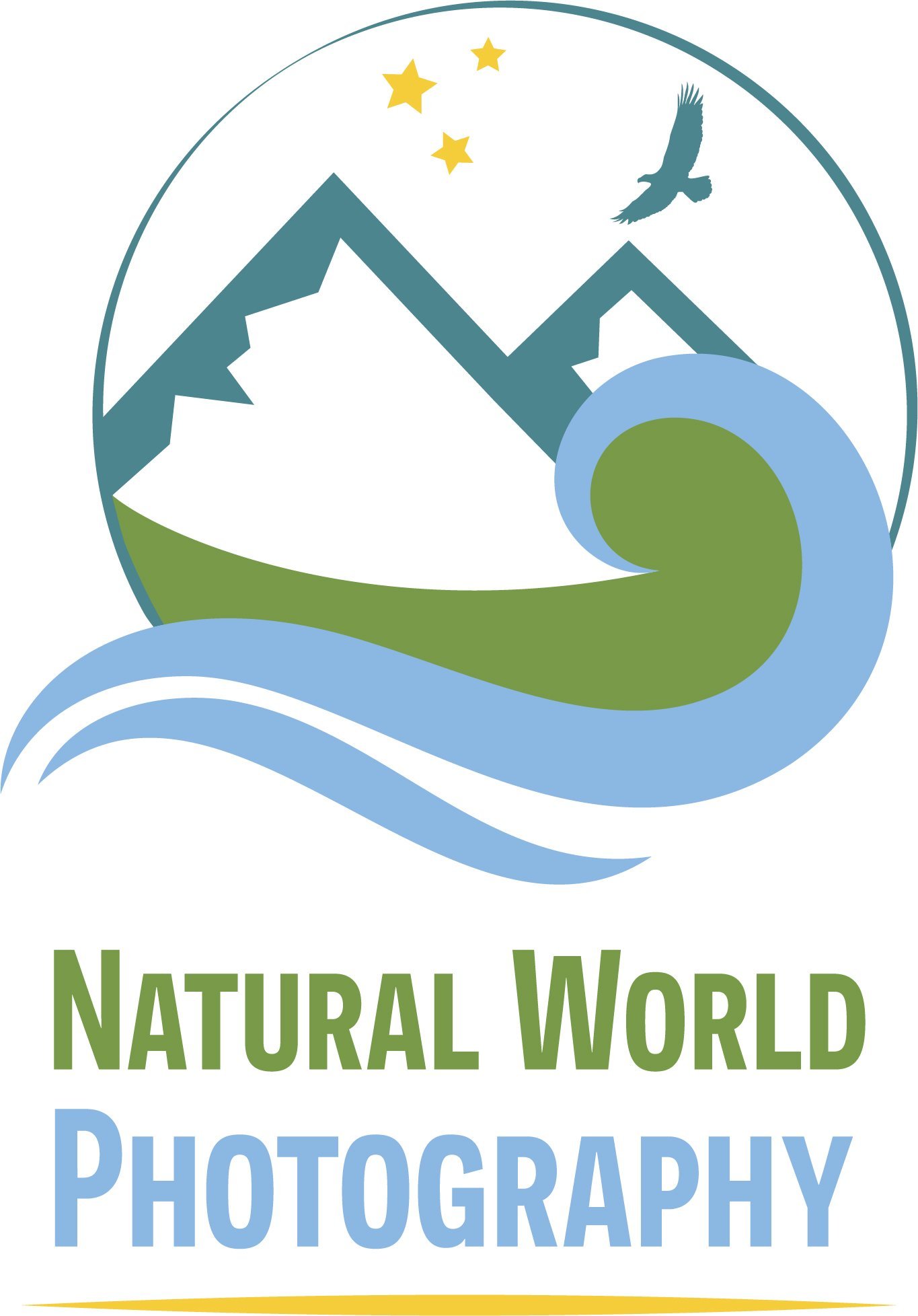











Wildlife Photography Masterclass
This advanced course covers techniques for photographing wildlife in the British Isles, to make our pictures more interesting and engaging for the viewer.
In the morning we will cover bird and mammal behaviour such as feeding, predation, fighting, courting, running, leaping, singing and fishing. Particular attention will be given to successfully photographing birds in flight.
In the afternoon we will cover macro and close-up photography of insects and other invertebrates, plants and fungi. Topics covered in depth include:
• What is macro photography and what is its appeal?
• Effective composition, exposure, colour and light in macro photography
• Getting close to macro subjects
• Successfully working with and overcoming very shallow depth of field in macro photography
• Photographing insects in flight
• Life-cycles of macro subjects
• Photographing camouflage, mimicry and other evolutionary adaptations that animals have to eat and avoid being eaten
• Using artificial light in wildlife photography
In the final module, the course covers getting creative with wildlife images. What do we mean by “creativity” while maintaining the integrity of the picture? What makes a really good wildlife picture stand out?
The course concludes with an exercise in which participants will be invited to constructively criticise a selection of the tutor’s photographs and will be invited to comment on specific technical aspects.
Level: To get the most out of the course students should already understand how to compose wildlife pictures; be able to correctly set exposure, shutter speed, aperture and ISO for wildlife subjects; and use different focus modes in a range of situations in the field. Our “Introduction to Wildlife Photography” course is the ideal preparation for this course but all amateur photographers with significant experience of nature photography are welcome to attend.
Recommended Photographic Equipment: Digital single lens reflex, mirrorless or equivalent camera capable of taking acceptable quality images at ISO 1600 or higher, telephoto lens (e.g. 400mm or longer), macro lens (or short/medium telephoto with extension tubes), tripod and/or monopod.
Group size: Maximum of 8 participants.
Date: 22 October 2024
One day workshop tutored by Robert Harvey, cost: RPS Member £68, RPS Non-Member £91
I run this zoom workshop in association with The Royal Photographic Society and bookings can be made on their website.
“I thoroughly enjoyed today’s Masterclass. I definitely found it interesting and useful. Your images are stunning and I am inspired to get outside and try some new techniques. I hope to join one of your workshops in person. We covered an enormous amount of content today and I am sure joining a workshop in the field would be even more beneficial.”
“Thank you so much Robert, for a very informative and helpful workshop. I have a lot of guidance to go on now. During the winter I have scouted a number of locations within range of me and can put your tuition to good use”
“Thank you so much for processing this image - the difference is quite striking - and for a fantastic course which I shall be highly recommending to anyone interested in this genre.”
“Yes, very enjoyable, I was reticent in booking a zoom workshop as I didn’t want to just sit and watch, but Robert made it very interactive, and this worked really well with a small number of participants.”
“Robert Harvey proved to be an excellent tutor with a deep knowledge of photography and his wildlife subjects. On the strength of this workshop, I have booked a place on his next available course (Landscape Astrophotography).”
